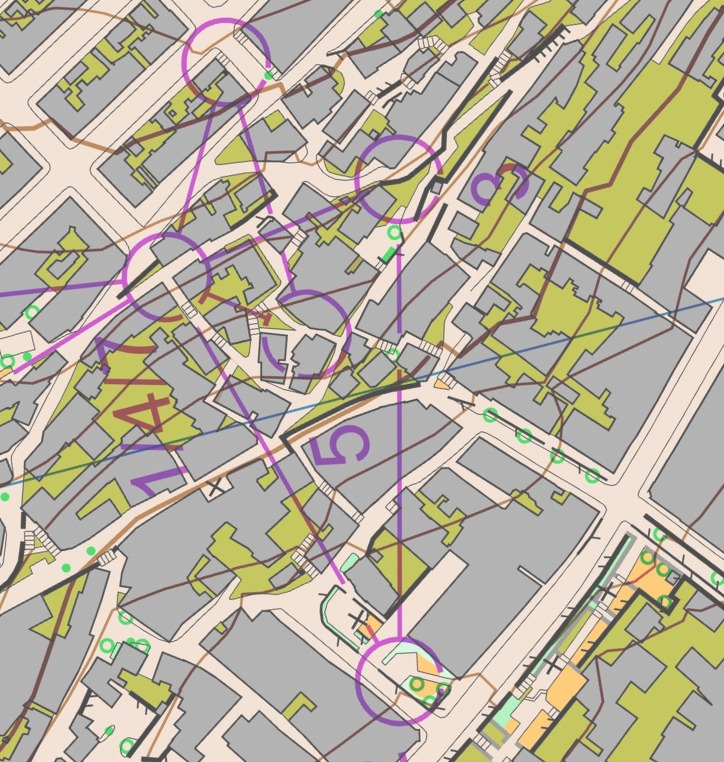Last weekend I made the trip from Oslo to Bergen to participate in the famous
Bergen Sprint Camp. This was my first time going to the annual event and I may have been slightly skeptical about the conditions. Winter? For a sprint camp in Norway? In the city where it always rains? Sounds miserable!
Thankfully the weather proved to be the opposite of miserable (I think I doubled my sun exposure for the entire month!) and the camp itself was fabulous. The agenda for the 3 days:
Friday midday: untimed forked training courses with changing OOB areas
Friday night: night sprint race, staggered start
Saturday morning: city sprint race, staggered start
Saturday afternoon: competitive o-tervals, 5 timed loops completed within 2 hours
Saturday evening: dinner and presentations by
Mårten Boström and
Jan Kocbach
Sunday morning: Final competition, mass starts in heats of 6
There were a few things that made this training camp special:
- Terrain. Bergen is one of those European cities with a complex network of twisty roads and alleyways that North Americans can only dream about. It's also decidedly not flat (there's a reason they use 5m contours!) so you can expect a healthy dose of stairways and a dash of quivering quadriceps.
See, it's nice:
 |
| Insanely awesome Bergen sprint terrain. |
- Analysis. I don't even know where to begin with this -- the sheer quantity of analysis available for each and every leg is almost overwhelming.
Almost. But not if you're an orienteering data junkie, in which case you may need someone to do an intervention after you click the link in the next sentence. Jan Kocbach (Mr. World-of-O) put together the web-based
Splits Analysis System (SPAS). Every leg is presented with a series of route choices and each runner can easily select which ones they ran immediately after each race. Once split times are incorporated you can see calculated estimates of which choices were fasted, who took which route, how much time you lost, and how much you can blame on route choice.
 |
| A simple SPAS example |
- Details. The Camp is extremely well run. The recommended accommodations were central and within walking/jogging distance to most events. Information online was up early and detailed. We experienced pre-printed waterproof maps, smooth starts, and quick results. It really felt as though there was thought put into every single leg we faced. With 100 controls over the weekend, that's 100 opportunities to test sprint skills at speed and makes for a tremendous reinforcement of discipline.
 |
| Training event map. See what they did there with A and B? |
A repeating theme during the camp was to have additional obstacles added to the map to make the navigation more challenging or the route choices more interesting. In the map above, used for the Friday training, a small and relatively simple area was made more interesting by simply marking different areas out of bounds on different loops. It's a good way to make use of a less complex area for training.
The intensity of the courses in Bergen have shifted my 'sprint mode'. I felt the difference already the following weekend at a sprint training in Oslo, where the memory of the challenges from Bergen helped me to focus on reading ahead, checking all my options, and being prepared for traps.
If you want to see more from the camp I've posted writeups about each event with links to the maps on my
Attackpoint log.
 |
| Whoosh. Just looking at this picture makes me feel faster. |
Oh, and btw, the
Vancouver Sprint Camp is also great. Next year pick one and go!





